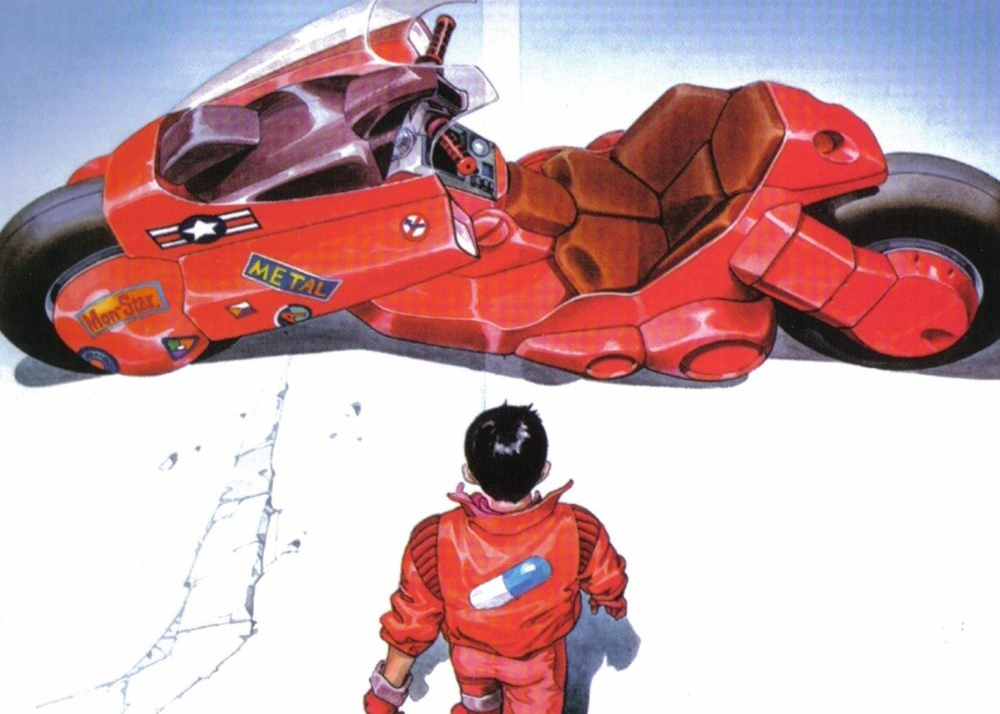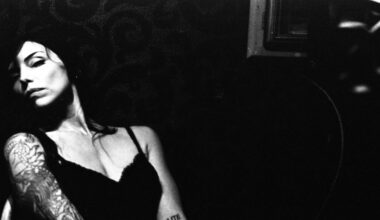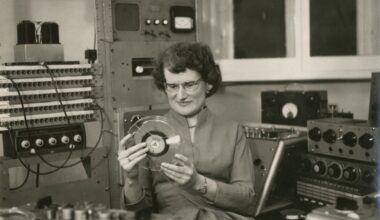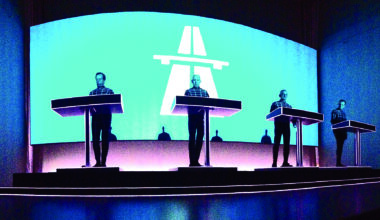“I am not a soundtrack expert, I’m just a guy who loves music and happens to love film scores,” says Spencer Hickman, whose Death Waltz label specialises in beautiful vinyl reissues of cult film soundtracks. “This isn’t a definitive list, it’s just a list of soundtracks I like and you should maybe check out. Although there are a lot of classics, hopefully there are a few that you are not familiar with. Anyway, dig in and enjoy…”
Blade Runner
Vangelis
(1982)
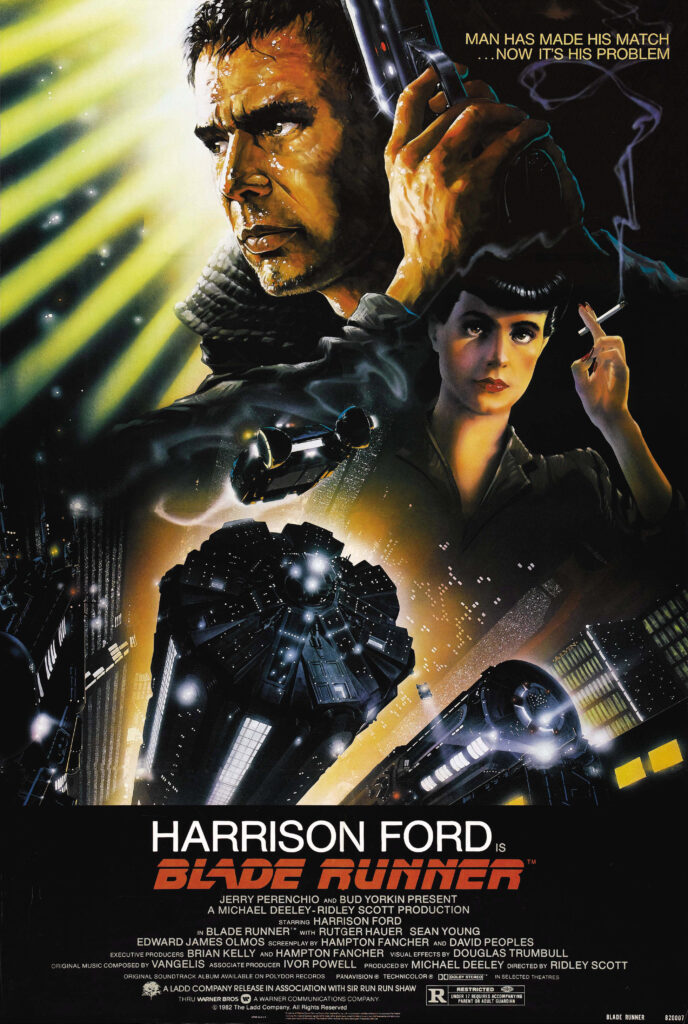
What’s left to say really? Potentially the daddy of all synth scores and certainly one of the best known. Vangelis created a work so staggering and monumental it has taken on a life of its own, it’s a score so good that it continues to live on in every synthesiser soundtrack created since. Staggering.
Sorcerer
Tangerine Dream
(1977)
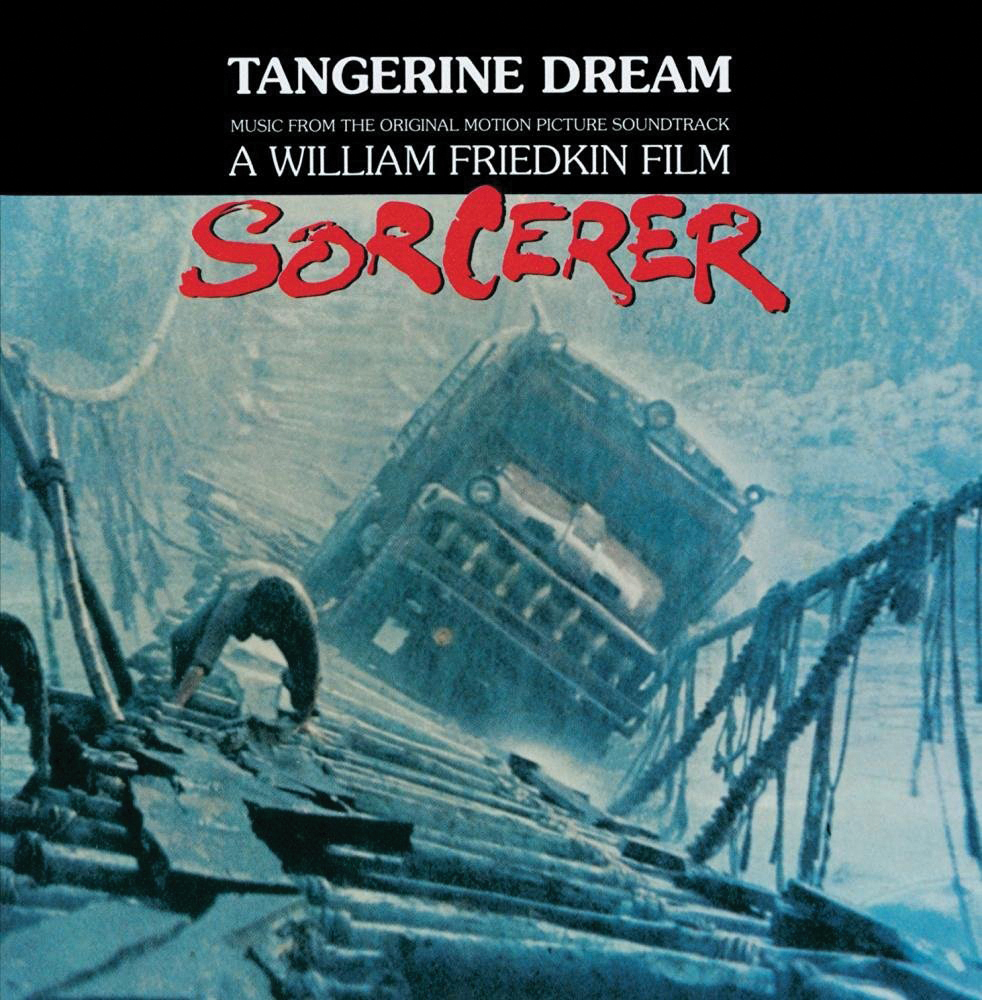
One of my personal favourites, I could have chosen any number of Tangerine Dream scores (‘Miracle Mile’ or ‘The Keep’ for instance), but none of them for me have the tuffness or the pulsing dark heart of ‘Sorcerer’. Its arpeggiators bubble under the surface and propel the songs along like they are floating on air, melodies weave in and around the tracks and The Dream manage to create enough space within the tracks for the score to really shine.
Akira
Geinō Yamashirogumi
(1988)
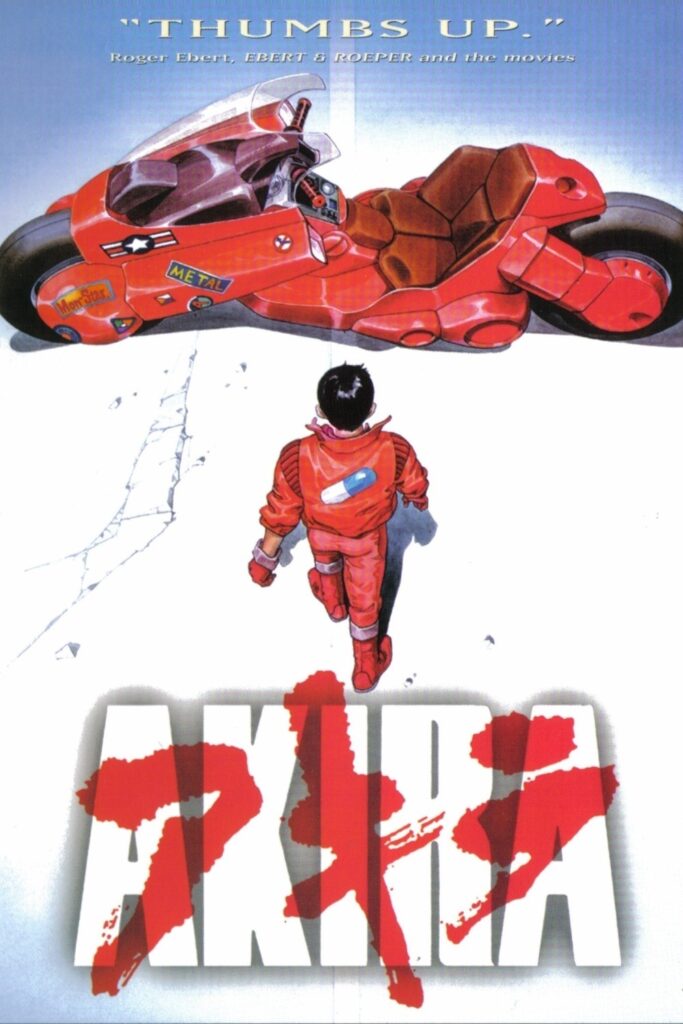
Consisting of literally hundreds of people, Geinō Yamashirogum were a Japanese musical collective that mixed electronics and traditional Japanese instruments to incredible effect. You should check out their live album released on Invitation in 1978, I can’t tell you what it’s called as it has no UK title! They were a super brave choice to score the sprawling ‘Akira’, but boy were they the perfect one. The mix of organic voices and choirs against the cold tones of the Yamaha DX7 is startling and mesmerising. They managed to create a soundtrack the likes of which had never been heard before, perfectly matching the hyper-stylistic animation. Absolutely groundbreaking.
Videodrome
Howard Shore
(1983)
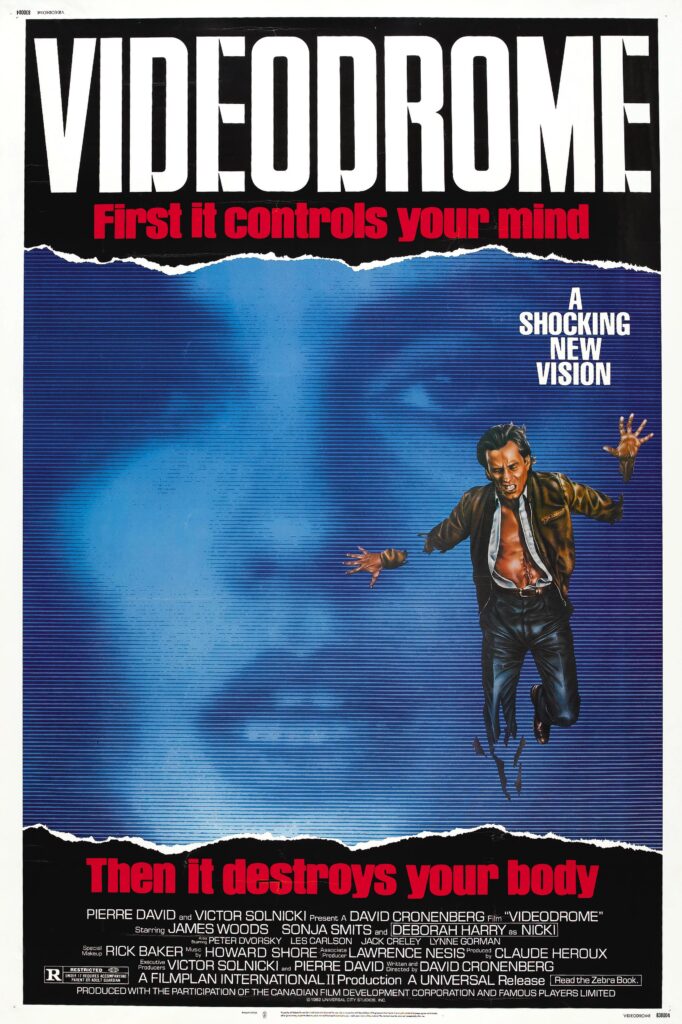
Oh Howard Shore how I love you so. He is an underrated master. Shore can turn his hand to any style he wants, with spectacular results. For ‘Videodrome’ he went full synth and matched director David Cronenberg’s weird, cold visuals with atonal, unsettling discordant electronics overlaid with robotic voices and manipulated orchestral sounds. The record almost wants to alienate listeners, as if it was mirroring the TV station Channel 83 in film.
Solaris
Cliff Martinez
(2002)
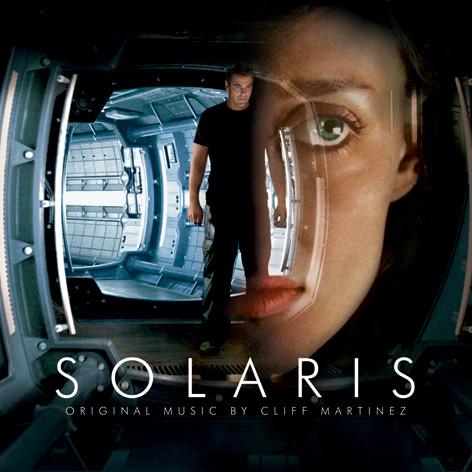
It seemed too easy to pick ‘Drive’ as a case for Martinez, ‘Solaris’ though seems to be its quieter understated brother and is all the more powerful for it. Martinez takes the ambient blueprint laid out by Brian Eno and manages to instil it with his own playful fingerprint, creating a beautiful standalone listen (full disclaimer: I have never seen the film, but listen to this score regularly).
The Fog
John Carpenter
(1980)
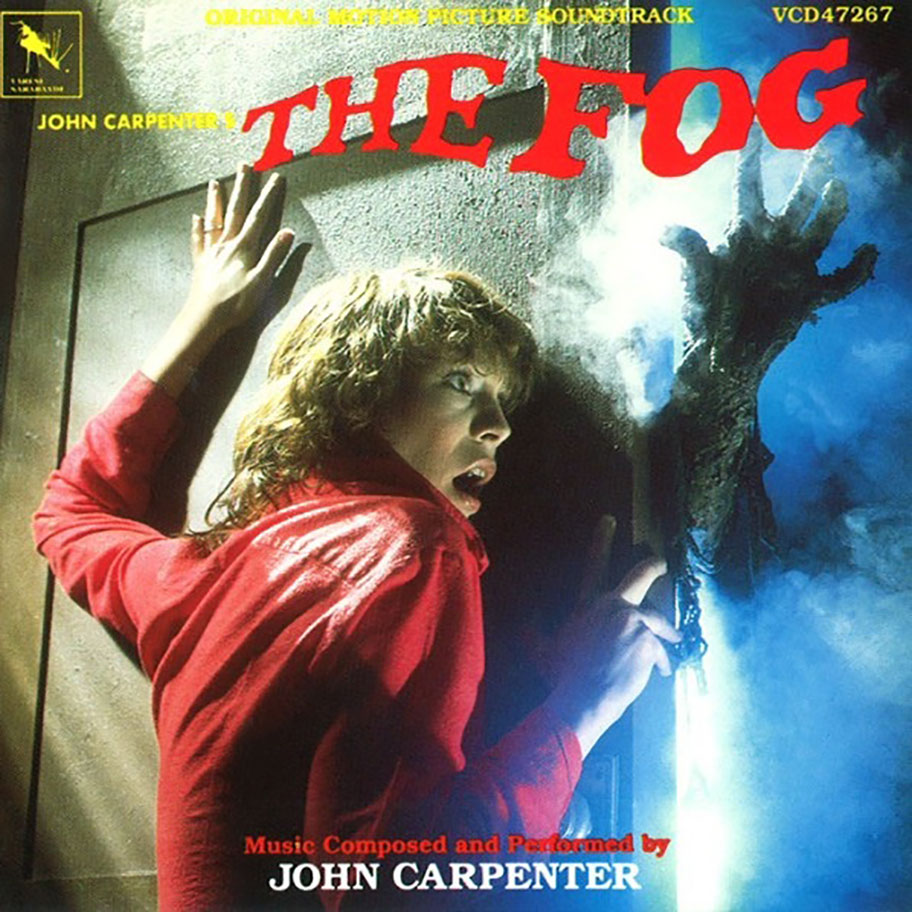
Carpenter could have taken 10 spots here just by himself, but I ultimately went for ‘The Fog’ as it is possibly his most brooding piece of work. The level of suspense and quiet contemplation he wrings out of his equipment is incredible (sometimes in the same composition). This is the sound of a master at the peak of his prowess and completely comfortable with every decision made.
A Clockwork Orange
Wendy Carlos
(1971)
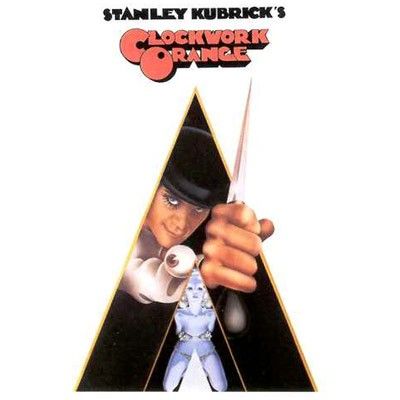
Stanley Kubrick was pretty infamous for commissioning scores to his films and then jettisoning them in favour of pre-existing music (see Alex North’s ‘2001: A Space Oddysey’ score) and although Wendy Carlos’ work didn’t suffer the same treatment in ‘ A Clockwork Orange’, the pieces that appeared on screen and on the original soundtrack album were severely edited down (‘Timesteps’ for instance was truncated to four minutes from the original 14-minute epic she delivered to the composer). If you wish to purchase the score I’d go for the edition called ‘Wendy Carlos’ Clockwork Orange’ as that features every track in its entirety. Carlos gave the film a familiar yet alien feel with classical pieces played on the Moog, which strips them of their humanity and perfectly mirror protagonist Alex’s alienation from the human condition.
Day Of The Dead
John Harrison
(1985)
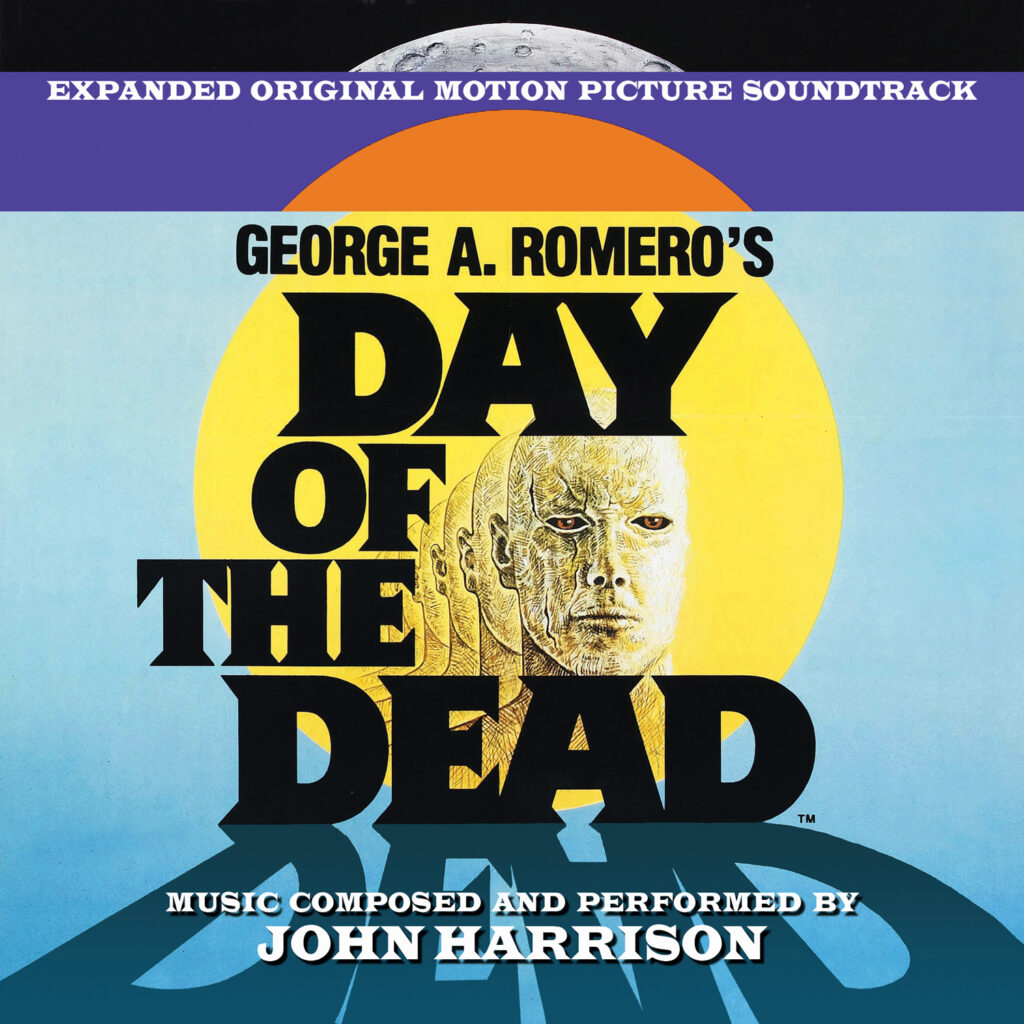
Easily Harrison’s best score for George A. Romero and it is a rare beast. The main theme is so, well, jolly it could have featured in a John Hughes film. It has a lightness of touch that is sorely needed within the film as it is so unrelentingly grim.
Nude For Satan
Alberto Baldan Bembo
(1974)
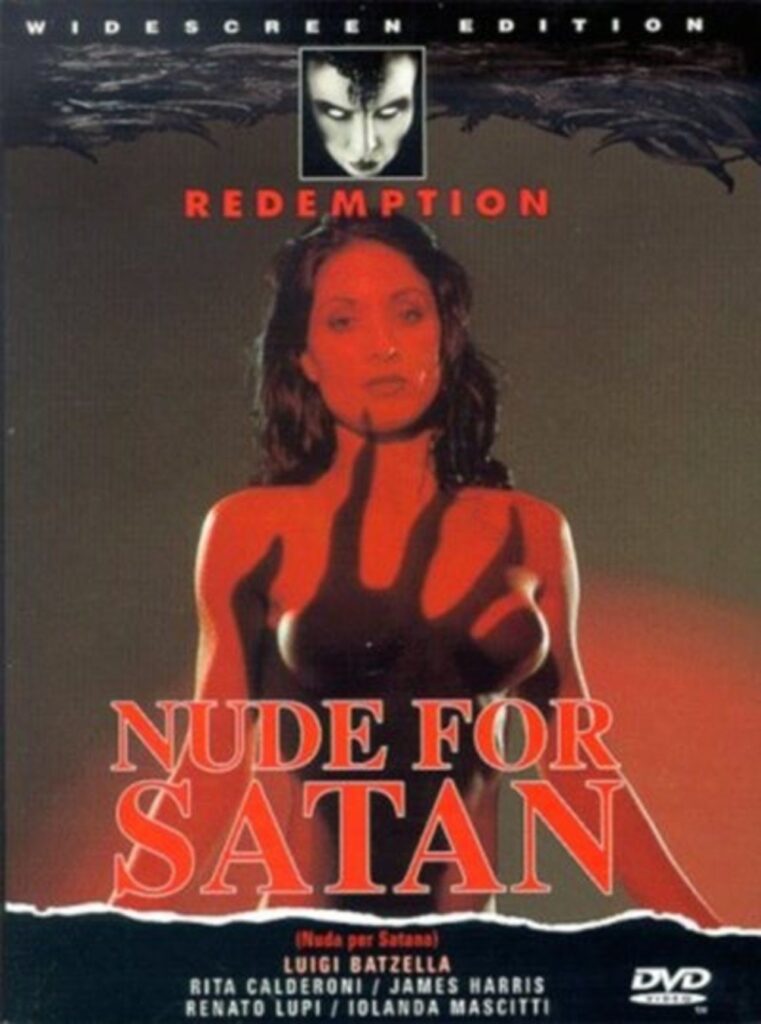
A slice of Italian low-grade trash whose title offers more than the film delivers to be honest. The film is confusing and kind of boring, but does offer up just enough dreamlike visuals to keep fans of Bava and Argento awake. Where the film does excel though is in the score department. Albero Baldan Bembo (‘The Gestapo’s Last Orgy’) delivers one of Italian cinema’s stone cold killers with the main theme featuring droning synths, off-kilter percussion and a sexy and haunting female vocal wailing over the top.
Nightdreams
Mitchell Froom
(1981)
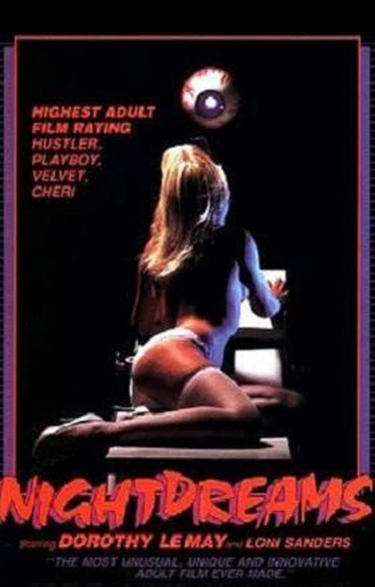
Yes, I went there. The writer and director Rinse Dream made some of the weirdest, unsexy porn films throughout the 1980s, including the classic ‘Café Flesh’ (which also has an insane sax/synth nightmare score), but I have deep fondness for the ‘Nightdreams’ score. It’s a direct descendent of the likes of Morton Subotnick and Gil Mellé; completely abstract, atonal and certainly not something you would expect to find in a porn flick. When I listen to this I imagine men in space suits, lost and wandering on another planet, not a dude dressed as a box of Cream Of Wheat porridge getting a good seeing to while a man dressed as a giant sunflower plays sax in the kitchen.
Let’s Scare Jessica To Death
Orville Stoeber
(1971)
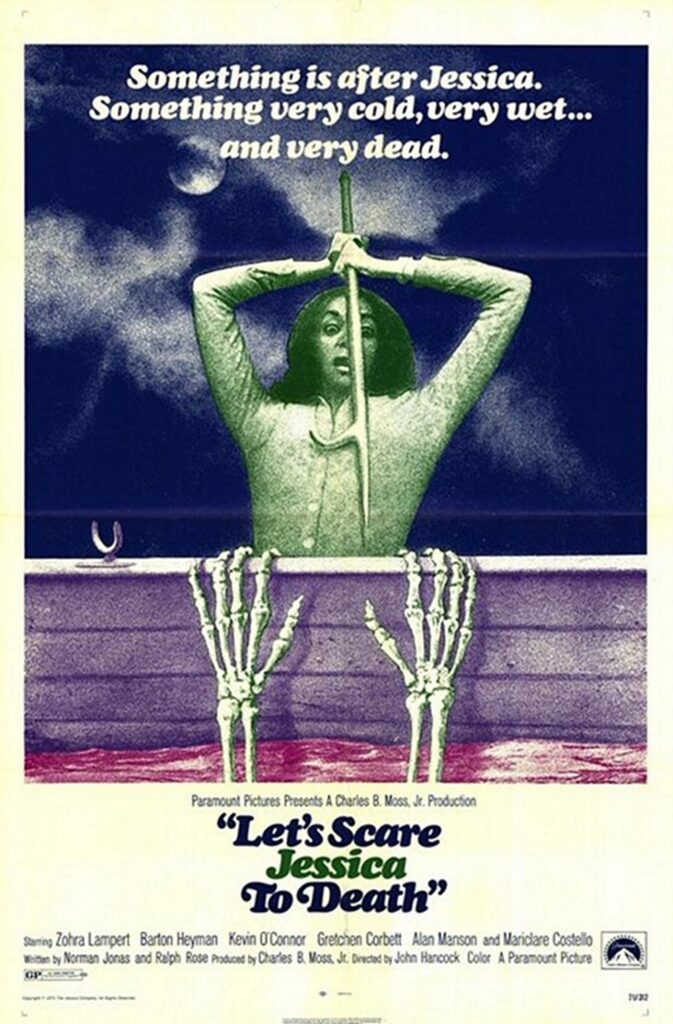
This is a beautiful melancholic score recorded using a piano, guitars and synthesisers by US singer/songwriter Orville Stoeber. It’s an utterly beautiful, beguiling and heartbreaking piece of work.
Absurd
Carlo Maria Cordio
(1981)
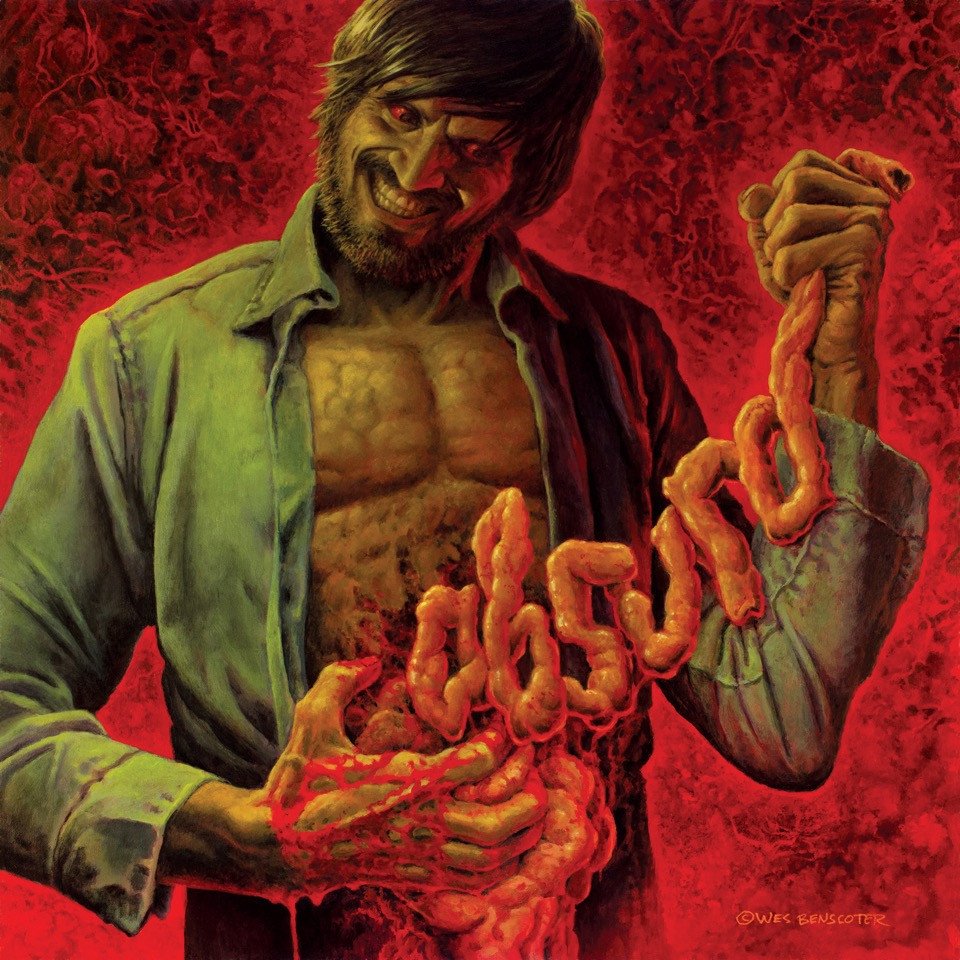
‘Absurd’ is borderline unwatchable, but the score is utterly magnificent. The tracks are banging electro before electro had really been invented. They are full of swirling synth pads, intricate piano and live drums creating the kind of electro rock that clubs such as London’s famous Trash championed in the late 1990s. It’s urgent, jerky electronic dance music that proves Italian composers were light years ahead of everybody else.
Alucarda
Tony Guefen
(1978)
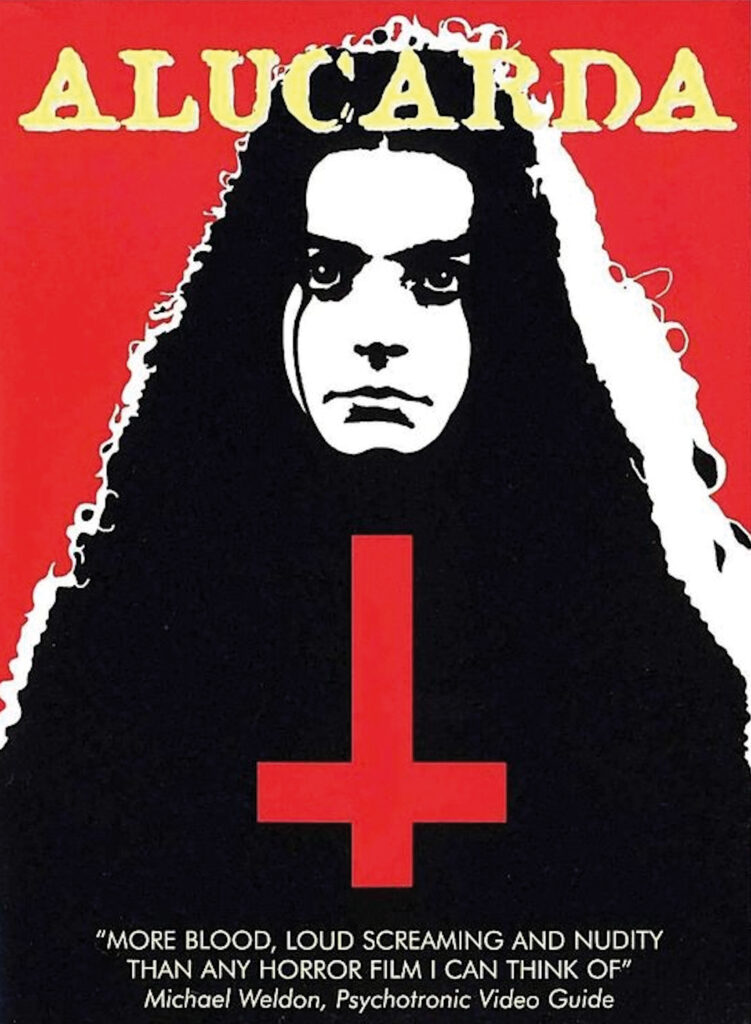
Little-seen Mexican satanic movie that really does deserve a wider audience, full of outrageous, blasphemous imagery and some seriously sexy action. The score is really great, it’s mainly synthesiser tones with a pretty haunting main theme repeated often throughout its runtime. It’s a total ear worm and really gets under your skin. Released in 1978, it seems wild that there was a small electronic revolution happening in Mexican films at that time.
The Social Network
Trent Reznor and Atticus Ross
(2010)
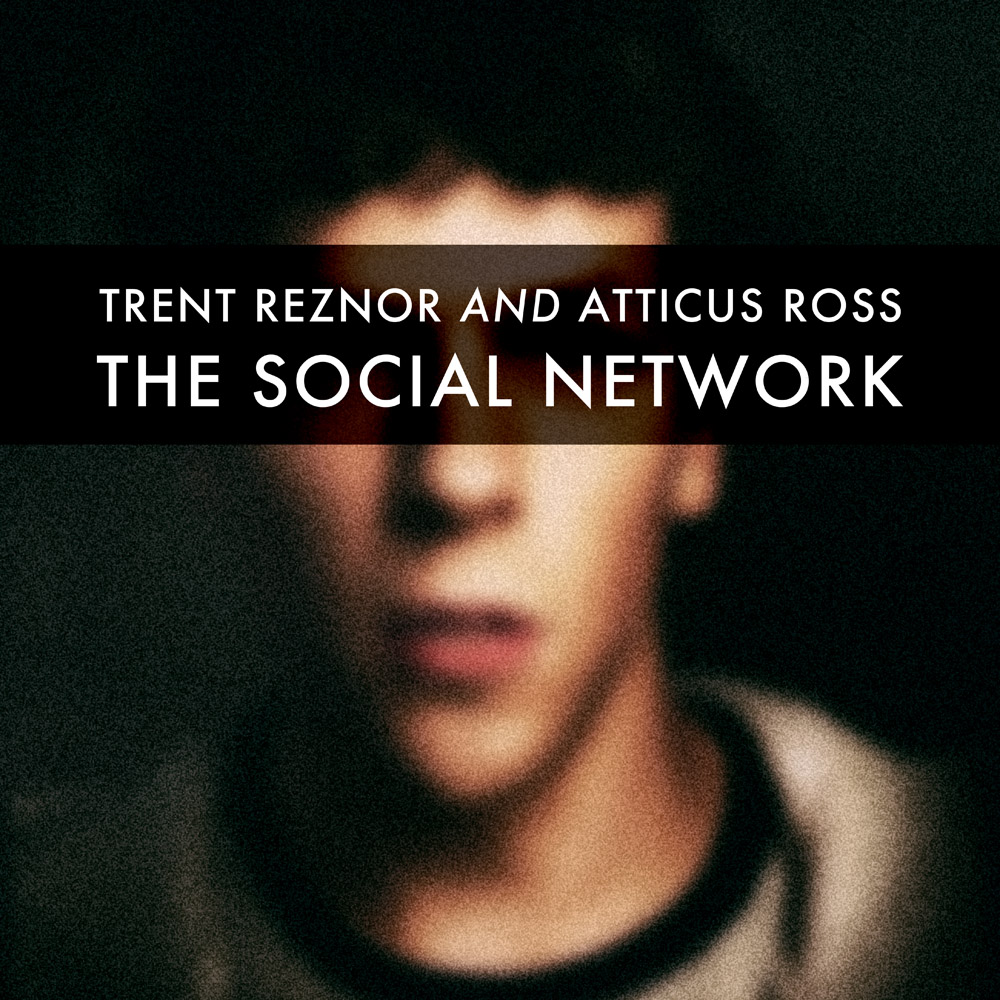
The score to David Fincher’s film is a triumph, a minimalist electronic masterpiece infused with so much tension you can cut the air with a knife. If you’d have told me 20 years ago that Reznor would be making fucked-up Brian Eno-inspired dark ambient music, I would have laughed. It’s testament to how he has grown as an artist that he can continue with NIN’s output as well as creating records you can get lost in like this.
Koyaanisqatsi
Phillip Glass
(1982)
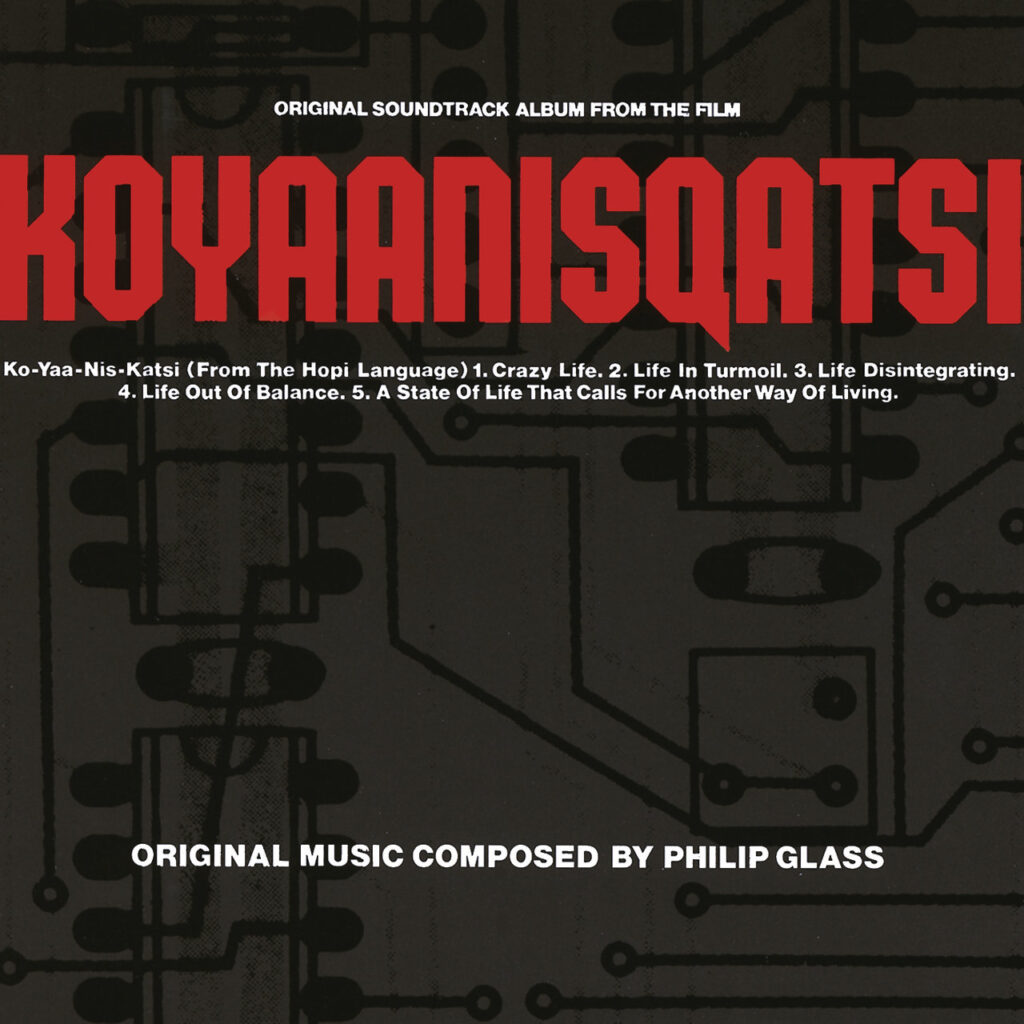
The minimal experimentalist’s simply outstanding score to the equally incredible film, a beautiful semi-ambient movement that features so many melodies intertwined throughout that other composers could have wrung three or four scores out of it. This is the kind of record you need to spend time with and you will be rewarded richly for doing so.
Vampyros Lesbos
Manfred Hübler and Siegfried Schwab
(1971)
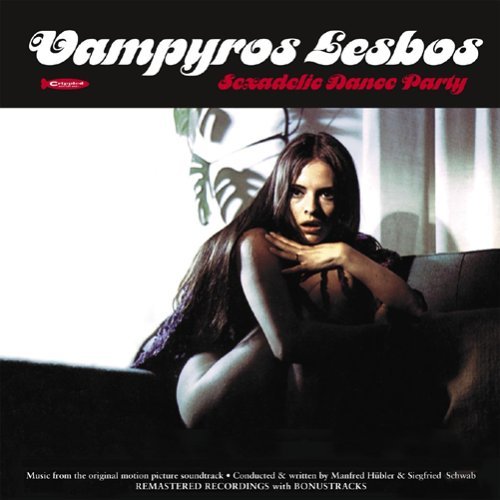
Director Jesús Franco was either a master filmmaker or a complete hack, depending on who you talk to. One thing’s for sure, he knew his music. He was an accomplished jazz musician and paid particular attention to the music in his films. For ‘Vampyros Lesbos’ he enlisted the help of Manfred Hübler and Siegfried Schwab. It’s a bit of a stretch to include this here as most of the score is super funky easy listening and wild psychedelia, but there are enough bubbling synths to allow its inclusion. This record will get any party started, but I’m not sure if I’d know where it would end…
The Virgin Suicides
Air
(1999)

The French electropop duo Air have an incredible knack for melding the synthetic and the organic into seamlessly dreamy, slightly sinister pop music. For me this is their crowning glory. It’s just a simply beautiful listen, with nods to Pink Floyd and progressive 70s rock sitting next to Italian soundtrack influences. Air really do manage to create a record that invites you to live within its sounds.
Tron: Legacy
Daft Punk
(2010)
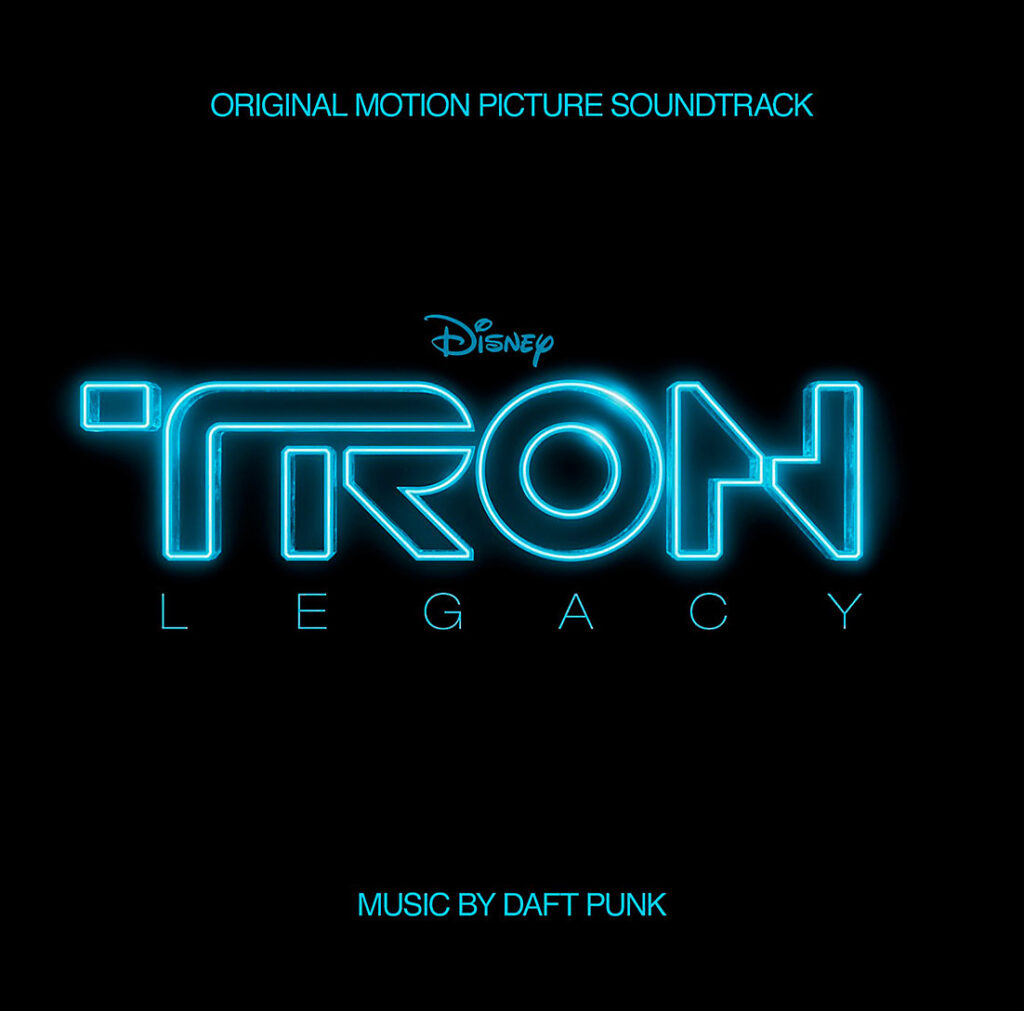
The original ‘Tron’ soundtrack by Wendy Carlos is amazing for sure, but the Daft Punk score to the fairly terrible sequel is simply jaw dropping. I’m not sure how Daft Punk approached ‘Tron: Legacy’, but I have a feeling that they must have thought, “Must try harder”. They mix their traditional hard beats and synths with lush strings and orchestration and the end result is easily one of the best scores of the last 15 years.
Zombi 2
Fabio Frizzi
(1979)
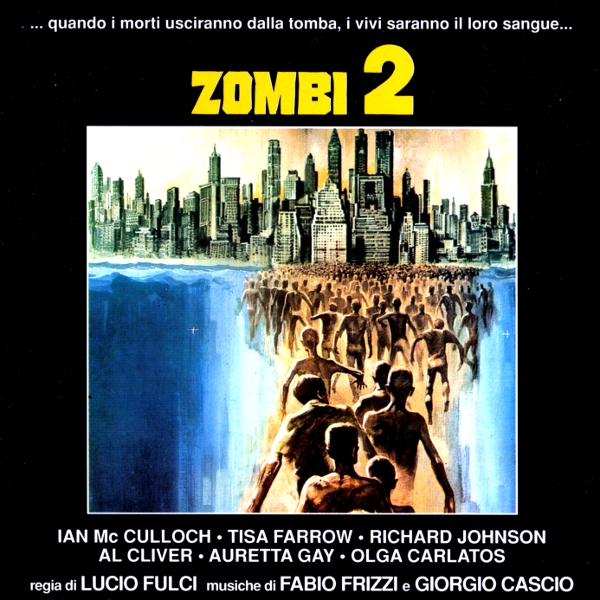
Frizzi is another legend of Italian composing, releasing many amazing film scores during his 50-year career. ‘Zombi 2’ (aka ‘Zombie Flesh Eaters’) will always hold a special place in my heart. It was not only because it was the first Italian splatter movie I watched, eating beans on toast with one of my first girlfriends during the summer holidays, but because it was the first release on my Death Waltz Recording Company label. It’s ahead of its time, proto-electro chock full of Mellotron and melodrama. It still sounds fresh today. Also you can jam ‘Sequence 8’ in any club and no one would stop dancing.
Cannibal Holocaust
Riz Ortolani
(1980)
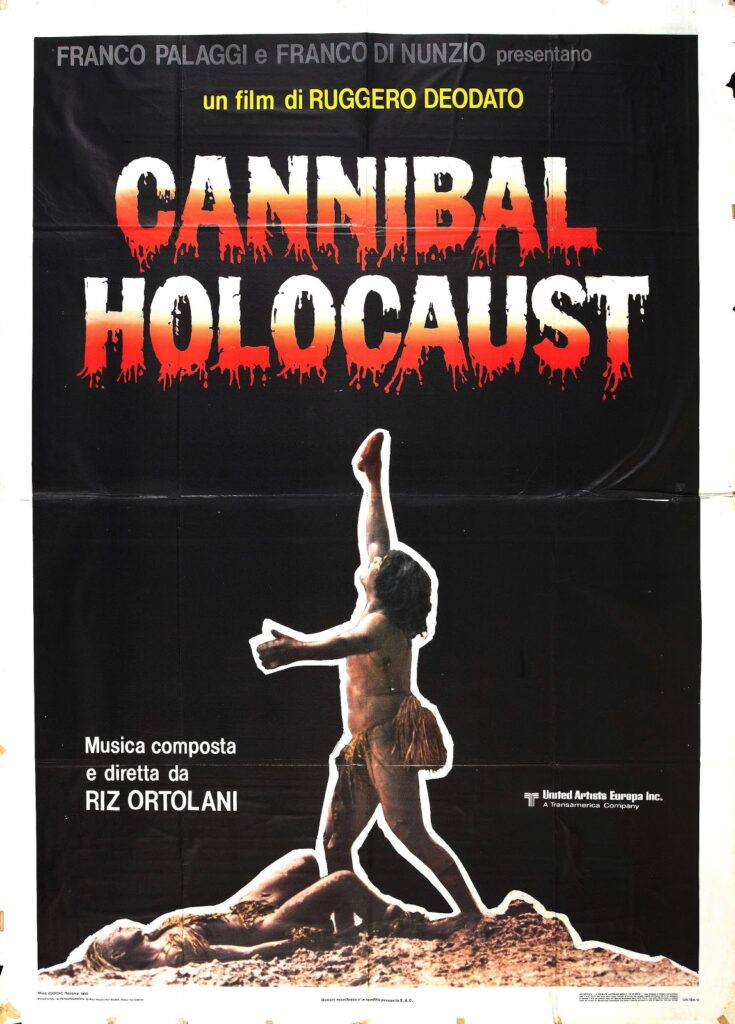
The prolific Italian composer Riz Ortolani manages to create an exceptionally beautiful piece of work mixing traditional orchestration and leftfield electronics to the soundtrack of surely one of the most brutal and grim movies ever made. If it wasn’t for Ortolani’s lightness of touch, ‘Cannibal Holocaust’ would be unbearable. The music offsets the extreme violence and somehow makes it more manageable.
Moon
Clint Mansell
(2009)
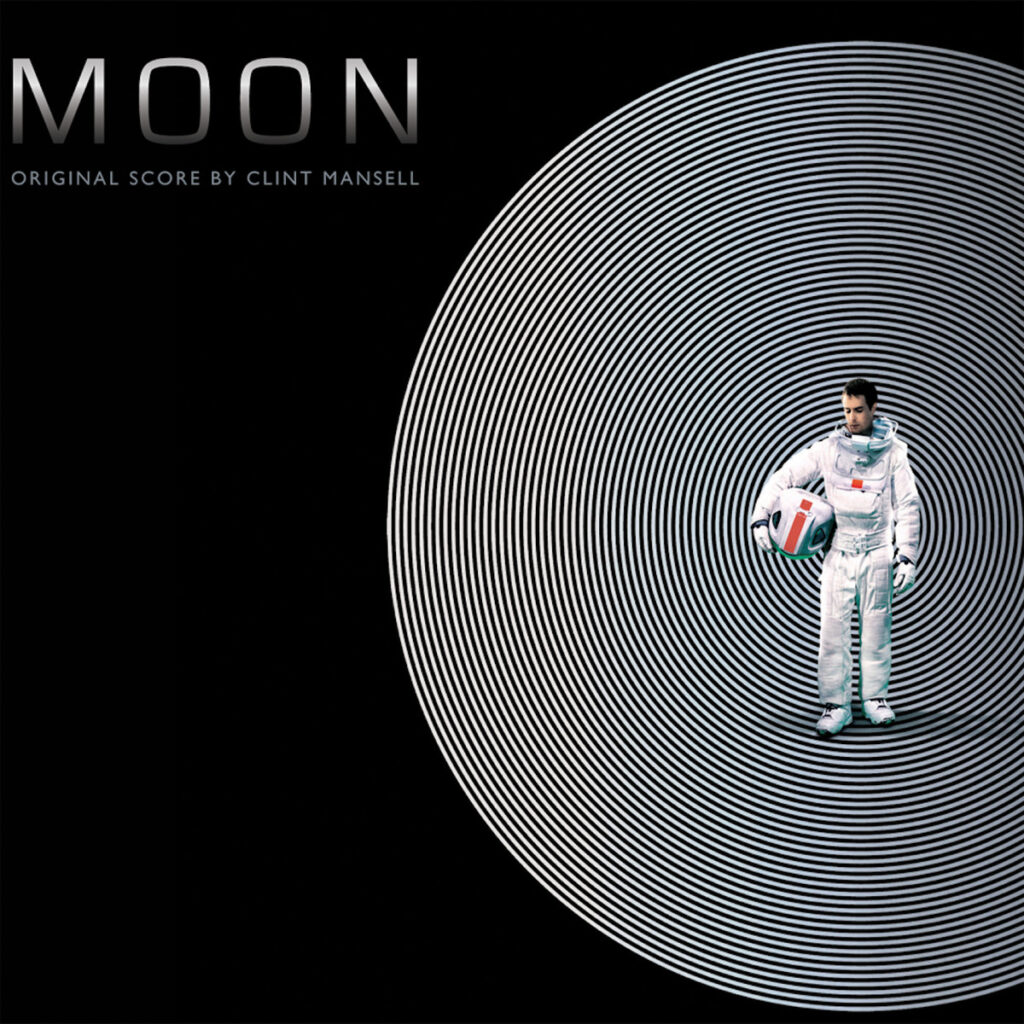
Modern maestro Clint Mansell delivers an absolutely perfect score here. His themes are simple yet somehow intricate, they are electronic yet full of personality, and there’s not a duff track in the whole thing.
Suspiria
Goblin
(1977)
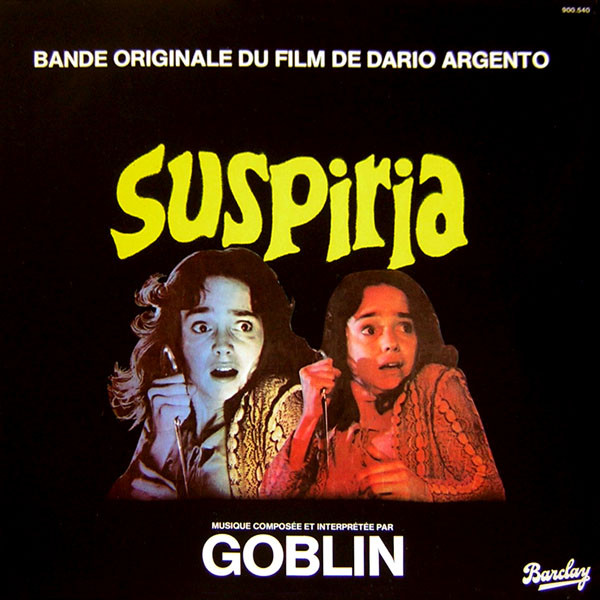
Along with many of the artists featured here, I could have chosen five or six scores by Italian prog rockers Goblin alone. ‘Suspiria’ is the film I feel most affection for and the score is a towering, terrifying listen unlike anything else the band ever recorded. It uses timpani, synthesisers, vocoders and howling screams. It’s a cacophony of noise, a genuinely scary listen that leaves the listener breathless.
Dahshat
Bappi Lahari
(1981)
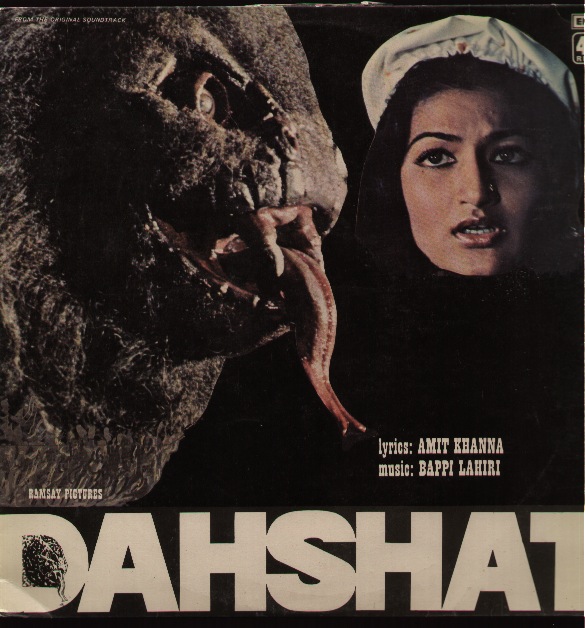
This Bollywood film focusses on the horror of splicing human and animal genes alongside the usual song and dance routines, and what songs they are. The film is scored by the unstoppable powerhouse Bappi Lahari (who has worked on up to 30 movies a year) and is basically a mix of traditional Bollywood songs and some incredible arpeggiated synths and banging disco drum work.
Beyond The Black Rainbow
Sinoia Caves
(2010)
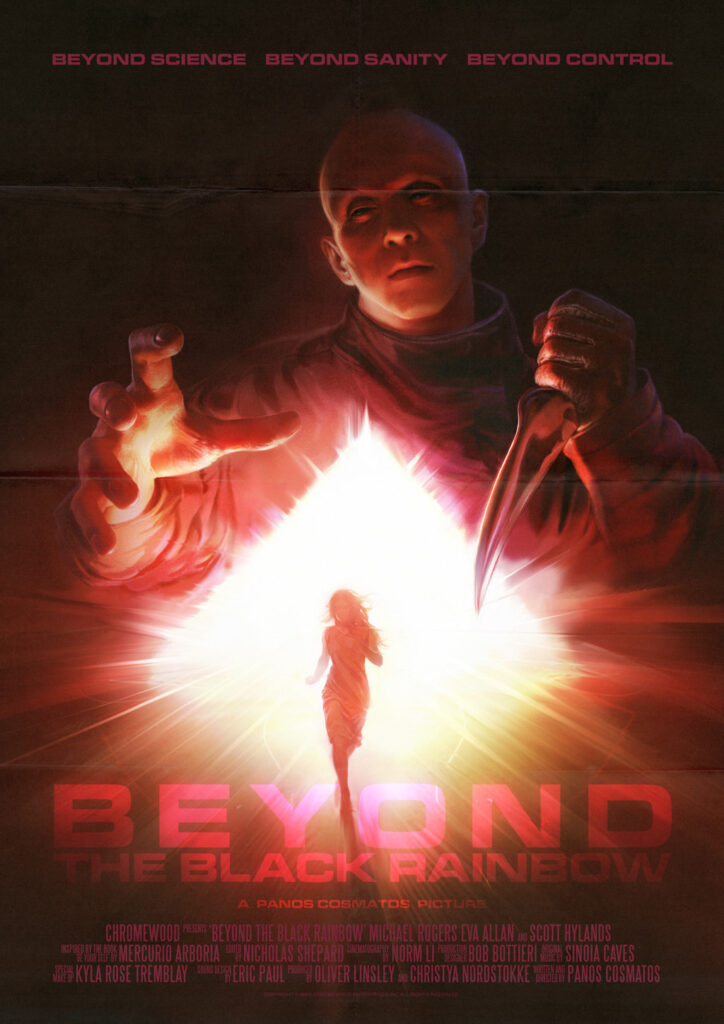
If ever a score needed the term “modern day classic” applied to it then it’s this incredible piece of work credited to Canadain composer Jeremy Schmidt’s solo project Sinoia Caves. While obviously indebted to electronic soundtracks of the past, Schmidt manages to create an eerie, robust, muscular and multi-layered piece of work that is a shimmering masterpiece of electronic music.
Run Lola Run
Tykwer/Klimek/Heil
(1998)
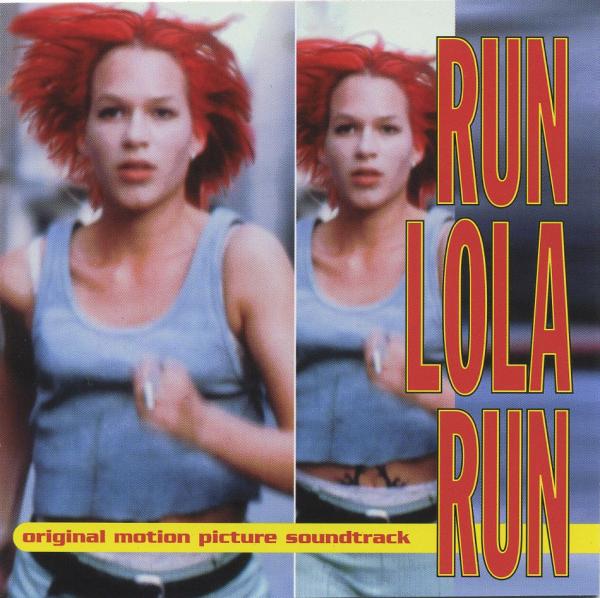
You don’t hear that many people talk about the score to this for some reason. It’s pretty full-on techno/electro in the vein of The Chemical Brothers or Orbital with a slight industrial leaning. A throughly great listen and one to get you in the mood for going out on a Friday night.
The Slumber Party Massacre
Ralph Jones
(1982)

Recorded using nothing more that a £20 Casio keyboard and some wine glasses (I kid you not) this ‘Halloween’ rip-off manages to shake off its reference points and ends up being one of the best John Carpenter steals of the 80s (see also ‘The Boogeyman’). It’s harsh, intense and clunky, yet wonderful. It showcases what can be achieved with no money and a little imagination.
Wake In Fright
John Scott
(1971)
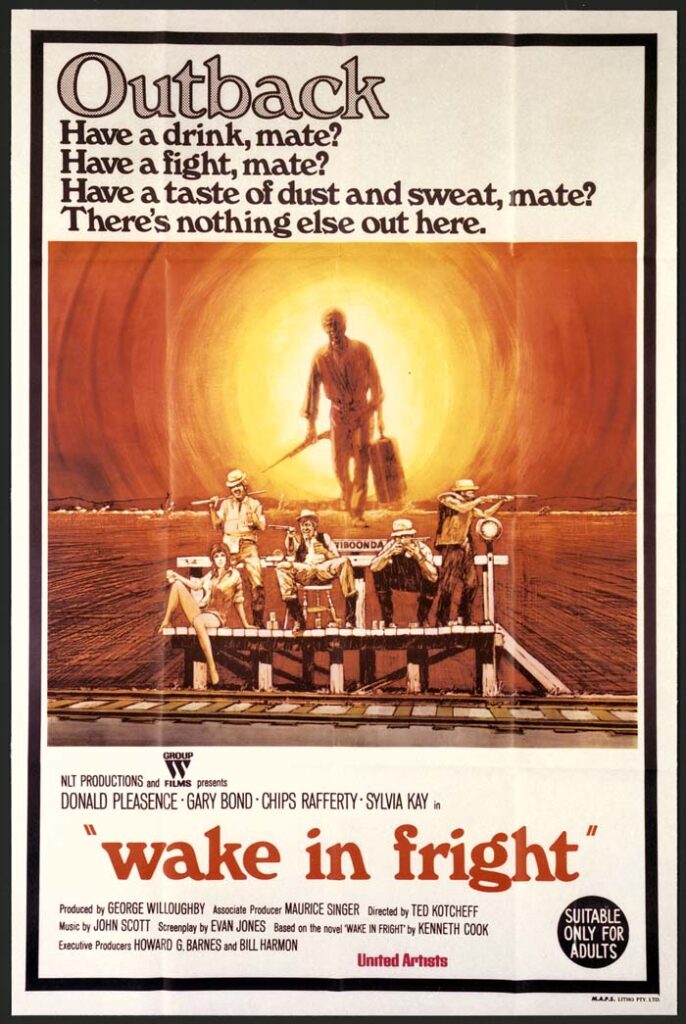
This cult Australian movie is a personal fave and I love the score by British composer John Scott. It’s kind of a mix of Morricone and Schifrin with added aboriginal-inspired psychedelic rock sitting right next to sinister electronics. It’s as beautiful and as ugly as the film itself.
Psycho III
Carter Burwell
(1986)
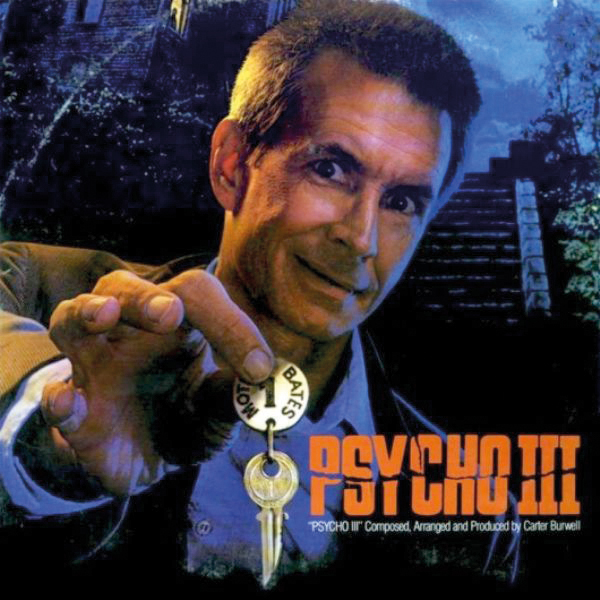
I kind of love Burwell’s score for this much maligned movie. It’s melodic and has a really sad streak running through it, but it also features some brilliant 80s synth rock that makes it a perfect time capsule. An odd mix, for sure, but the underscore stuff totally works for me.
Axe
George Newman Shaw and John Whilhelm
(1974)
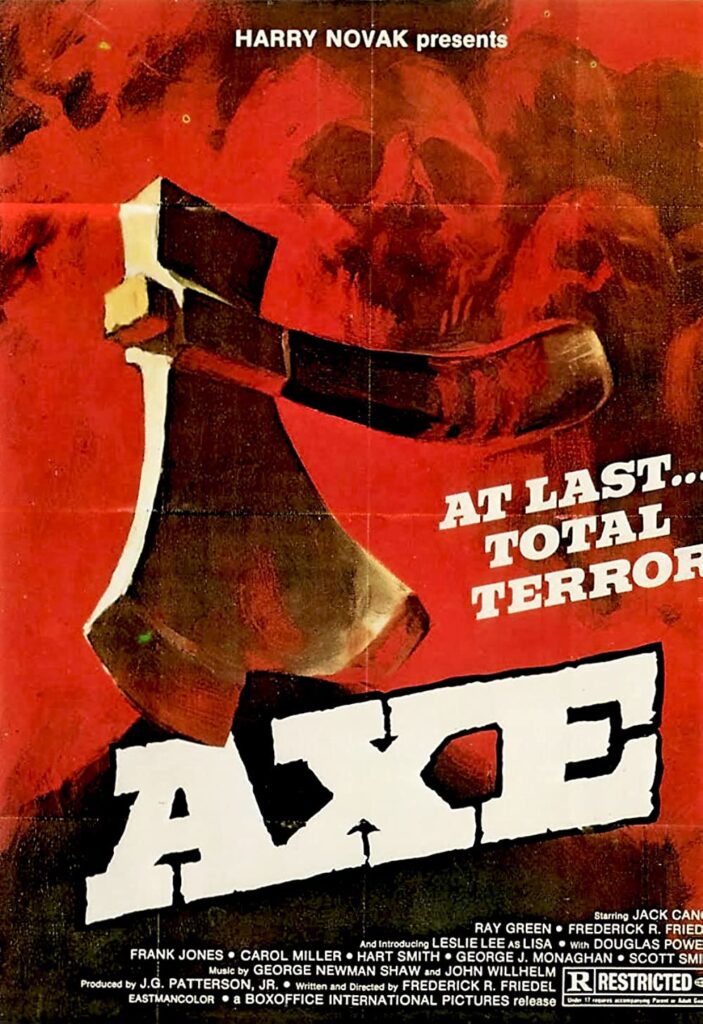
This is a little-appreciated soundtrack to this pretty decent 70s horror flick. It really is a wonder and it’s the movie’s biggest asset. Wurlitzer lullabies mix with early electronics to create an otherworldly eerie work that deserves a wider audience.
The Andromeda Strain
Gil MellÉ
(1971)
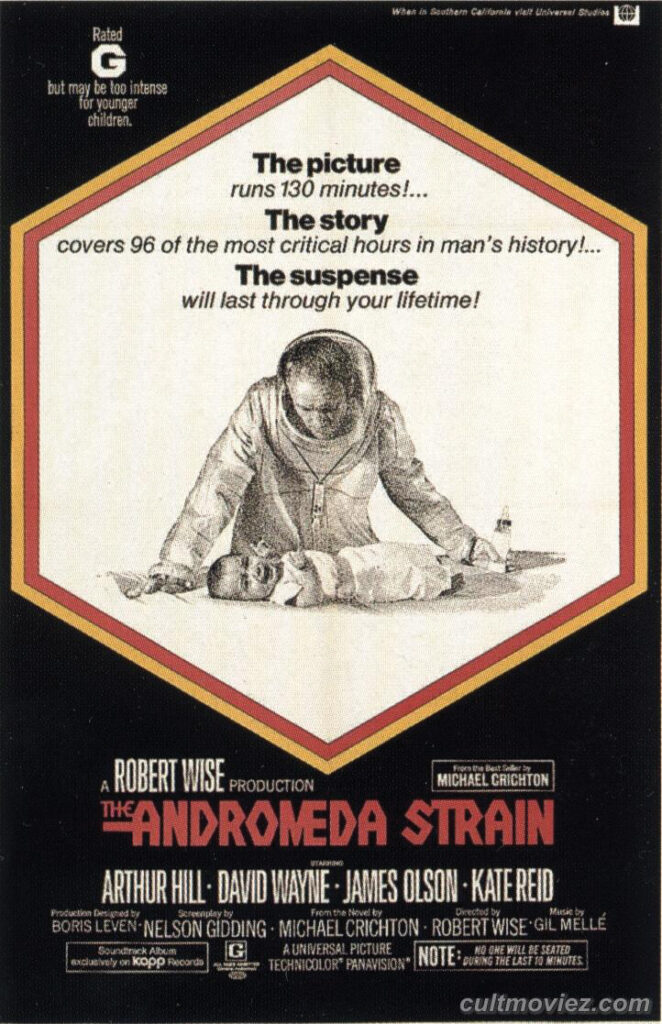
Released in 1971, electronic pioneer Gil Mellé’s score for ‘The Andromeda Strain’ was one of the first all-electronic scores in a big-budget motion picture. Mellé manipulated buzzsaws, field recordings and modular synths into a bizarre atonal bleep fest that almost feels like the whole session was set to random. Not an easy listen, but a very important one.
